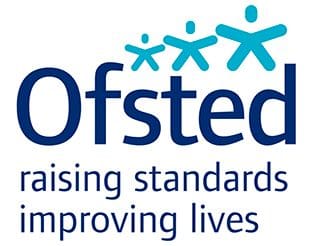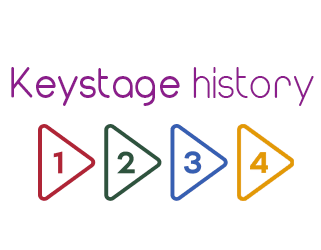
What work scrutiny means for history subject leaders.
We all worry about work scrutiny. Will the inspectors take into account that it is only October and therefore very little of this year’s work, if any? What if there is no history being taught in the Autumn term when the inspectors arrive?Are we really meant to keep evidence of previous history work? If so how does square with the inspectors talking to teachers about the work. .. Workbook scrutiny should go hand in hand with lesson observations and conversations After all it will be a different teacher’s work? Will the inspectors be specialist enough to recognise good history, or will they be influenced by neatness of handwriting or text length. It is the structure itself that matters rather than specific indicators. What if you work in a school where there is less emphasis on workbooks as pupils’ work , where progress is often captured in a different ways (such as through post-it notes or videos).
Over the last few months, OFSTED has been running pilot activities using these headings and a 5 point scale. What you will notice is how vague it is. Will non-specialist inspectors really be able to see progression in pupils’ understanding of complex historical concepts without speaking to them or seeing them in lessons? Make sure you are one step ahead anyway. Look at the sections on progression by strand for each key stage for really helpful, practical advice. Look also at how the learning objectives in our schemes of work are carefully pitched to show progression from start to end of the keystage.





